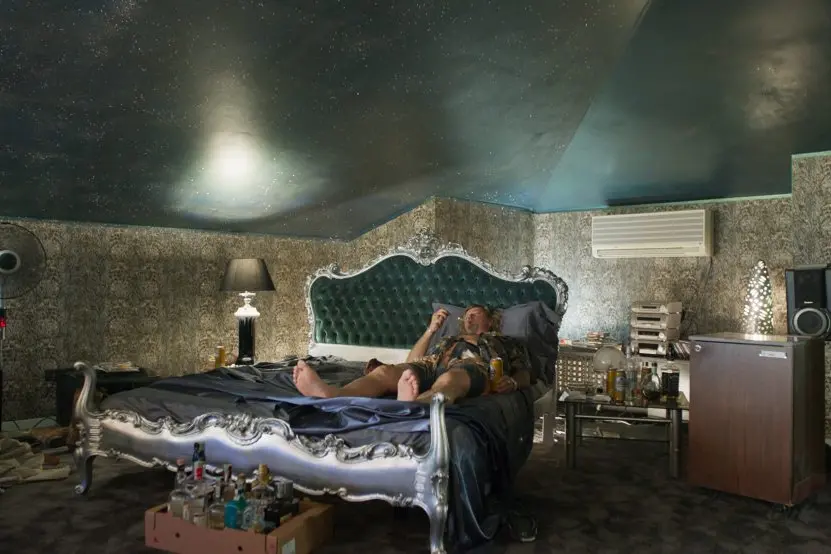Eclectic filmmaker, always attentive to reality. His cinema loves confrontation, it lashes out against respectability and political correctness. Ulrich Seidl rejects clichés and overturns preconceived schemes. His latest film Rimini, distributed by Wanted Cinema and in theaters from August 25, was presented in competition at the latest Berlinale. It tells of Richie Bravo, a now bankrupt singer who lives in a desolate Rimini. He tries to survive by performing on b-series stages as a gigolo. Life changes when he meets his daughter. We interviewed Seidl in Milan for the presentation of Rimini. “It’s actually a much larger project. They are two films, of which Rimini it’s only the first part. They are the stories of two brothers. The first is precisely in Italy, the second in Romania. We shot the events together, only in the editing phase was there a split, and it arrived Sparta. Nothing can be revealed yet, but the protagonist will have to confront his past,” explains Seidl.
He represented a different Rimini from the common imaginary.
The setting is always very important. I do a meticulous research work, which in this case lasted two years. I wanted to bring something different to the screen. Then fog and cold don’t necessarily symbolize negativity. Sometimes it is the sun that is the real traitor.
You have also shot documentaries. How are you experiencing the transition to fictional film?
Both are two very relevant genres in my career. As far as I’m concerned, they intersperse, they run parallel. My documentaries border on fiction, and at the same time fiction for me has nuances that look to the documentary.
Rimini_(c) Ulrich Seidl Filmproduktion (10) b
How much he still feels the influence of his trilogy Paradise: Love, Paradise: Faith And Paradise: Hope?
At the moment I have no plans to go back to tackling spirituality in my cinema. In addition to these three films I also made Jesus, Du Weisst, a documentary about prayer. Hence the idea for the trilogy was born. It’s something that happens to me very often: while I’m concentrating on a project, the idea for the next title is already born.
How much freedom do you leave your actors on set?
Hard to tell. They don’t get a script, they have to improvise. Following a long period of preparation, it is necessary for them to learn who to embody, how to move, how to speak. Everyone studies individually, they meet only at the end. I just tell them the content of the scene.
How faithful is it to the script instead?
It’s a model. I go through the scenes in chronological order, so I go linearly and I can change some things. In everything we write, we always put a little of ourselves. All my films are critical of society.
Who are his teachers?
Complex question. In the beginning certainly Pasolini, Herzog, Vigo, Bergman and later Cassavetes. But I probably forgot someone.

